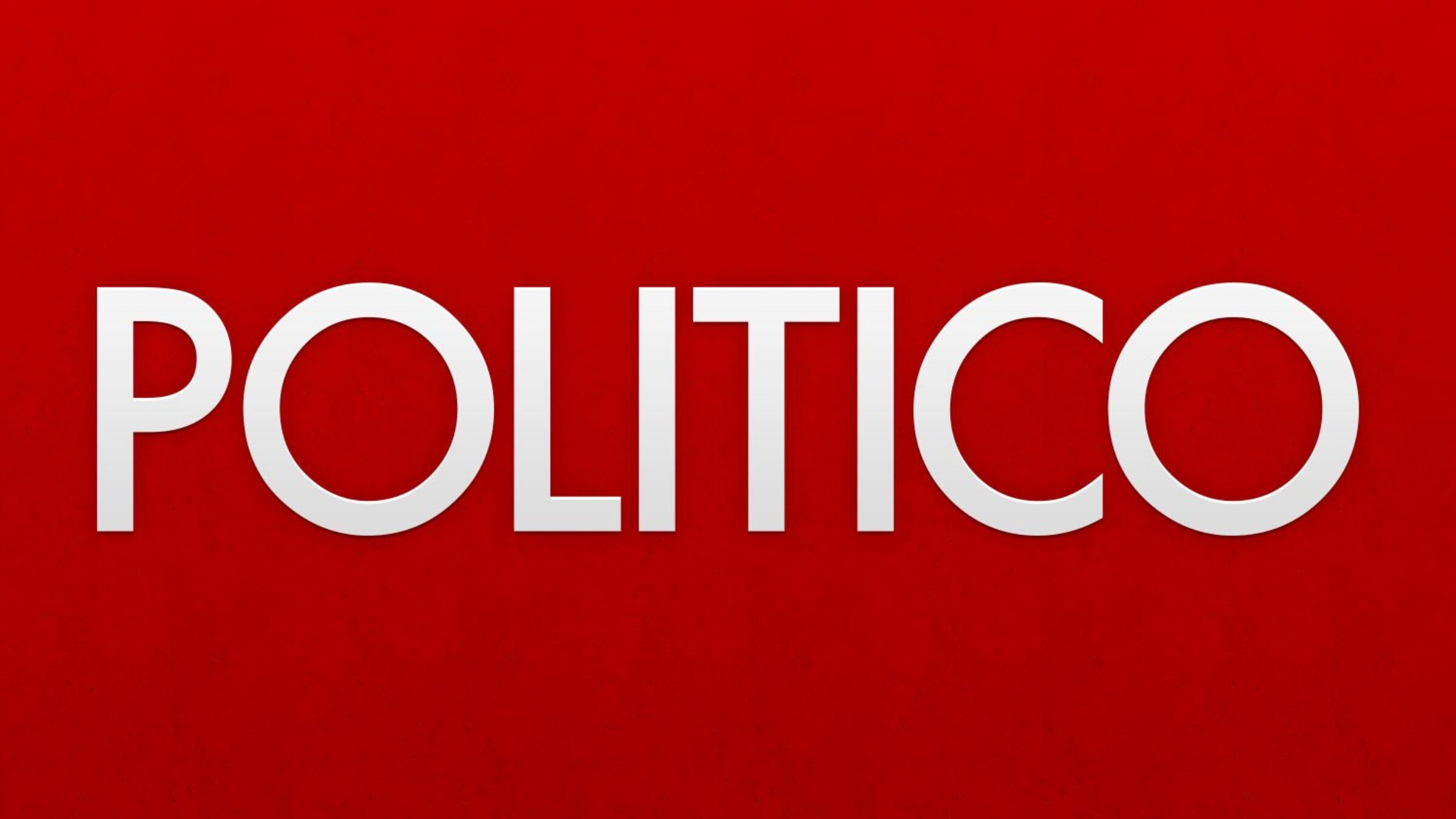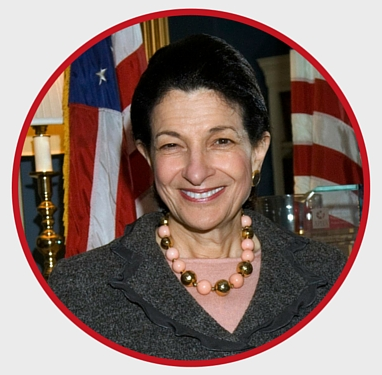Senator Olympia Snowe Joins MAP Advisory Board
October 13, 2015
A long-serving former Member of Congress, Senator Snowe announces her support for the Millennial Action Project.

This announcement from Senator Olympia Snowe was originally published on her blog.

In April, the Harvard Institute of Politics released a survey which found that merely 18 percent of millennials in America trust Congress to do the right thing all, or even most of the time. No wonder so many young people feel disaffected.
When asked if they “had ever volunteered on a political campaign for a candidate or an issue,” just 6 percent responded in the affirmative. But it’s not because they aren’t interested in participating in the world around them. In fact, 34 percent responded that they had volunteered for community service in the previous 12 months. So one might logically conclude that they feel their time and talents are most effectively utilized somewhere other than the political realm.
That’s why I was so pleased to learn about a new organization, the Millennial Action Project, from its Founder and President, Steve Olikara – and to have joined as a member of their Advisory Board.
The Millennial Action Project (MAP) is a national, nonpartisan organization activating a new generation of Millennial policymakers to foster future-focused, collaborative governance. MAP has worked with Millennial members of Congress to form the nation’s first bipartisan Congressional caucus for young members, creating a more constructive governing environment for the next generation of leaders.
Building this effort into a national movement, MAP has also mobilized Millennial state and local legislators from across the country. These young policymakers have provided bipartisan leadership on issues ranging from entrepreneurship and the sharing economy to impact investing and veterans employment.
Recently, MAP continued to grow in state legislatures as they launched the CA Future Caucus in California’s state capital. Building on that momentum, MAP commemorated Constitution Day 2015 at the National Archives with Congressional Future Caucus Co-Chairs, Reps. Tulsi Gabbard (D-HI) and Will Hurd (R-TX). At the event, MAP’s presentation entitled “The Young Madisons” discussed the new generation of leaders who are shaping America’s future as a constitutional democracy.
And with their Future Caucus movement rapidly expanding, they have partnered with the National Conference of State Legislators on a national Future Caucus Summit this December that will drive innovative, bipartisan solutions to the challenges facing young Americans.
I know firsthand how young Americans can make a difference. My own journey to public service began on the road to the state house in Augusta, Maine, after I was elected to the Maine House of Representatives at the age of 26. At age 31, I was the youngest female Republican ever elected to Congress at the time. As I constantly tell young people at speeches I’ve delivered at campuses across the country, you can make a difference in changing the future course of our government and our country, whether it’s in elective office or engaging in the political and civic dialogues of our communities, states, or our nation.
At the same time, I urge young men and women to champion those who chart a course of compromise, conciliation and consensus building because forging real solutions can only happen when we are willing to take risks working with each other instead of against each other.
What it demands is a willingness to listen to and work with those whom you disagree, and to respect differing views – to acknowledge you don’t have a monopoly on good ideas and accept that you won’t typically get 100 percent of what you seek, and therefore attempt to work through the differences.
That is the only true way forward. Fortunately, that’s what Millennial Action Project is all about.
Click here to learn more about Senator Olympia Snowe.






Join 1,900+ BIPARTISAN LEADERS NATIONWIDE
Be a part of a network of lawmakers committed to governing effectively, passing more representative public policy, and increasing public trust in democracy.